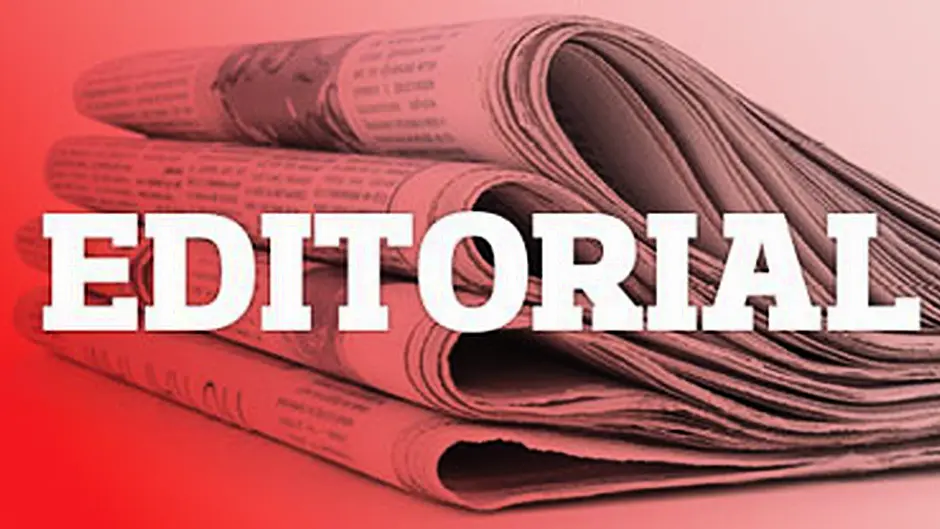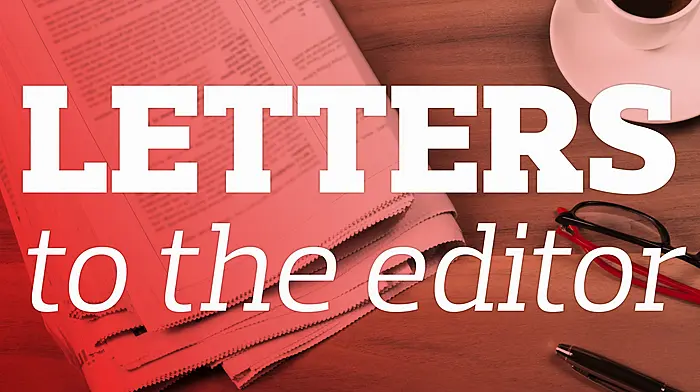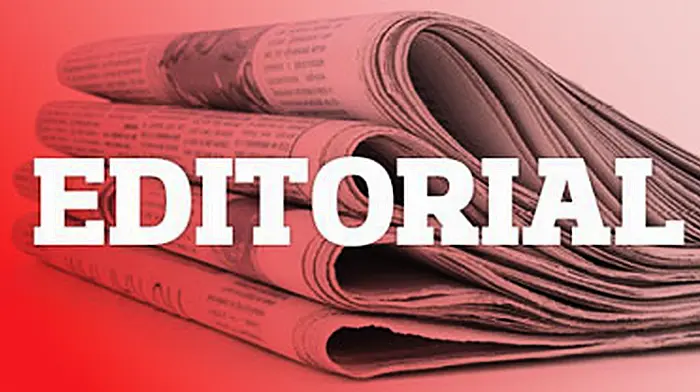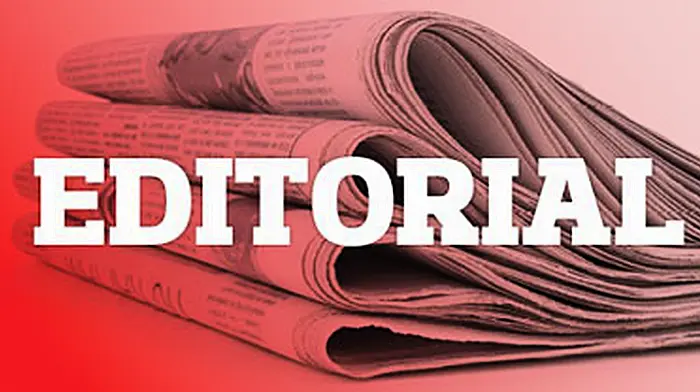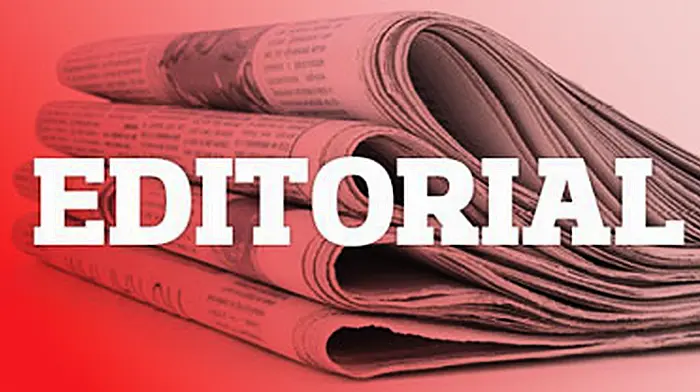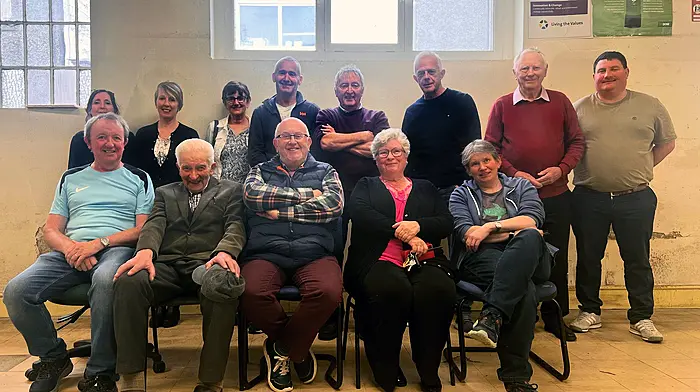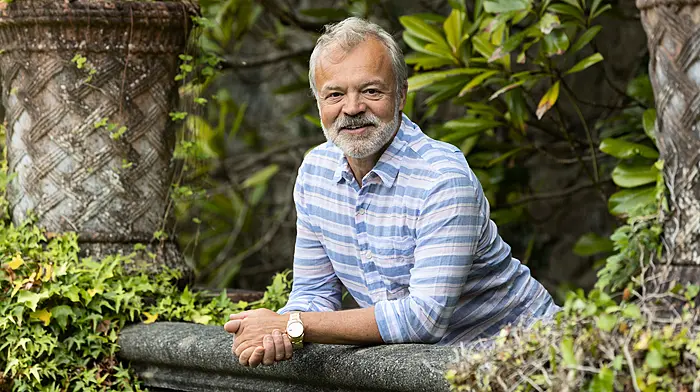NEXT month a long-awaited service will be available in West Cork for the first time, as reported in this week’s news pages.
The service being launched is a direct result of research that was carried out by a team engaged by the West Cork Women Against Violence (WCWAV) project, in a bid to find out what was needed to help survivors cope with the horrific aftermath of a sexual attack.
The need for training in dealing with victims of sexual abuse and violence for gardaí, social workers, judges, teachers and other public sector employees was one of the findings of the extensive survey of victims and survivors of abuse, conducted in West Cork in 2021.
The survey, which was commissioned by the WCWAV project, involved almost 30 survivors and their supporters, who anonymously shared their experiences of sexual abuse, assault and other types of sexual violence, and their experiences of seeking out supports and justice.
Conducted by Dr Caroline Crowley, the survey was compiled into a report with a view to ultimately designing a better system for future victims in the West Cork area. A separate Tusla report also confirmed the need for more supports outside the city.
Now that vision has come to fruition, with the launch in September of a new support service so that survivors of sexual violence will no longer have to travel to the city for help.
The service will work with women, men and children over 14 years of age, and there will also be a helpline in operation three days a week.
The original survey revealed the need for four key changes in West Cork, namely: community-based prevention and early intervention services; a sex education and awareness programme that would include schools; a support service accessible throughout West Cork, and training for key professionals.
Most horrifyingly, the 2021 report revealed that calculations based on the 2016 Census indicated that up to 12,000 people in the municipal district of West Cork alone, were directly impacted by sexual violence. However, an average of just 30 people a year are reporting such crimes to the gardaí.
This reveals a very stark gap between those experiencing abuse, and those feeling empowered, or supported, to report it. The researchers realised there was a very real need for a service that would give survivors a trained, supportive ear, and somewhere to turn – often for the very first time – closer to home.
With Tusla, the child and family agency, on board, WCWAV has finally been able to announce that some of those badly-needed services, including local counselling, will now be available in West Cork.
The project had previously pointed out that the difficulty in travelling from a remote part of the region, or an island, or village poorly served by public transport, up to Cork city, often heaped new trauma on abuse survivors struggling to get supports, or even basic medical attention.
The campaign and relentless lobbying by WCWAV in order to get these services off the ground locally cannot be underestimated. It is wonderful to think that their efforts have now resulted in the announcement this week that a panel of 13 counsellors from West Cork have undergone training around sexual violence and will volunteer here, with the service, for the next 18 months.
Added to this, there will be a dedicated support worker and a phone line manned three days a week.
The specialised support service is designed to be client-led and trauma-informed, so the clients can be supported according to their needs, as identified by them.
It is very reassuring to see the client being front, middle and centre of this new service. And the importance of having those supports closer, for those in need of them, in possibly the most difficult months or years of their lives, is hugely significant.
The whole region should be hugely grateful to those dedicated women and men who have helped bring this service to West Cork.

